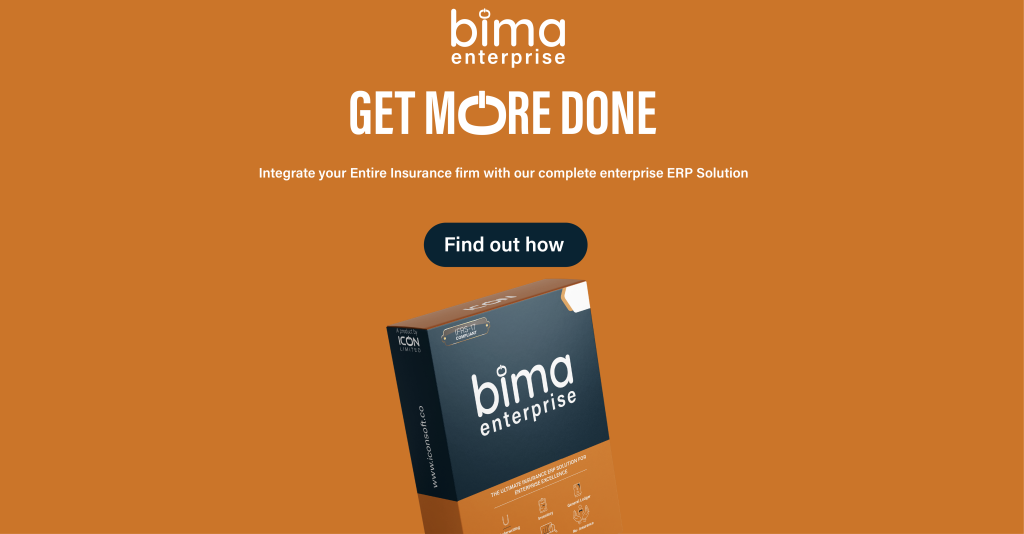Organizations in a variety of industries are increasingly using enterprise resource planning (ERP) systems to improve decision-making, improve efficiency, and streamline operations in the rapidly shifting business landscape of today. The General Ledger module is an important component of an enterprise resource planning (ERP) system, acting as a basis for the finance department among its many other vital parts. In this blog, we discuss all of the benefits that an ERP solution’s integrated general ledger module offers to companies, in addition to its essential necessity.
The General Ledger module one of the main parts of the ERP system that handles finances. It acts as the organization’s principal repository for all financial transactions, ensuring accurate, organized, and readily available data. This is especially important for insurance businesses, as it is essential to track premiums, claims, investments, and operational expenses in a tedious and repetitive way.

Insurance firms can more easily manage their financial data by using the organized framework that the General Ledger module offers for classifying these financial activities. The ability of an ERP system’s General Ledger module to foster financial responsibility and transparency is one of its main benefits. It makes it possible for audit firms and insurance companies to keep an accurate and transparent record of all financial activities.
When it comes to financial reporting, regulatory compliance, and both internal and external auditing, this transparency is crucial. Insurance businesses are subject to tight regulations, and the General Ledger module makes it easier to produce accurate and compliant financial statements, keeping the business in good standing with regulatory agencies.
Moreover, the General Ledger module offers a comprehensive, current overview of an organization’s financial health. For insurers that need to make informed choices on investments, underwriting, pricing, and risk management, this is essential. Executives and financial analysts are more capable to assess the performance of the firm, spot trends, and respond swiftly to changes in the market if they’ve access to current and precise financial data. Having access to this data is a competitive advantage in the insurance sector, where prompt choices may have a big influence on profitability.
The General Ledger module’s ability for multi-dimensional analysis is a further highlight. It enables businesses to organize financial data based on a variety of criteria, such business divisions, product lines, and regions. This capacity is particularly useful in the insurance setting when assessing the performance of various business lines, understanding regional variations in profitability, and making well-informed resource allocation decisions.
https://www.techtarget.com
In conclusion, insurance companies and organizations in general greatly benefit from having an ERP solution’s General Ledger module integrated. Its importance stems from its ability to provide transparency, accuracy, and accessibility of financial data, acting as the ERP system’s financial backbone. This in turn helps insurance firms succeed and remain viable in the fast-paced business climate of today by supporting multi-dimensional analysis, real-time decision-making, and regulatory compliance.
To find out how we will integrate your finance with other departments, click here
Read our previous article here
